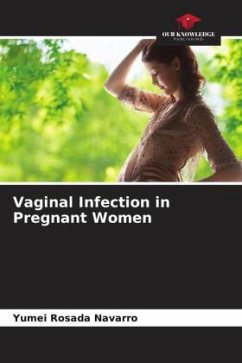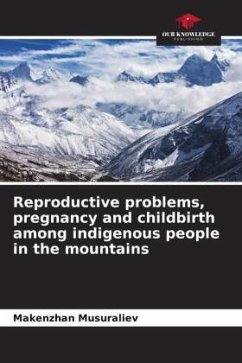
Popular knowledge on the prevention of childbirth-related problems
Perceptions of pregnant women in Kinshasa, Democratic Republic of Congo
Versandkostenfrei!
Versandfertig in 6-10 Tagen
36,99 €
inkl. MwSt.

PAYBACK Punkte
18 °P sammeln!
Throughout history, women in general have from time to time resorted to popular knowledge for the prevention of certain complications related to motherhood. Pregnant women opt during their gestation period outside of institutionalized care for certain practices derived from the experience of their entourage or from themselves in order to anticipate complications that may arise during childbirth. In Kinshasa's maternity hospitals, pregnant women come daily to attend health education sessions during their pregnancy. However, many of them carry around this popular knowledge, which is legion and w...
Throughout history, women in general have from time to time resorted to popular knowledge for the prevention of certain complications related to motherhood. Pregnant women opt during their gestation period outside of institutionalized care for certain practices derived from the experience of their entourage or from themselves in order to anticipate complications that may arise during childbirth. In Kinshasa's maternity hospitals, pregnant women come daily to attend health education sessions during their pregnancy. However, many of them carry around this popular knowledge, which is legion and which they translate into practices that are different and even contradictory to those recommended by health care providers in antenatal services. In the Democratic Republic of Congo, popular knowledge about pregnancy is poorly documented. For this reason, this study seeks to understand the motivations behind the use of folk knowledge about pregnancy by pregnant women in Kinshasa, through those attending the N'djili Referral Hospital in Kinshasa, DRC.












